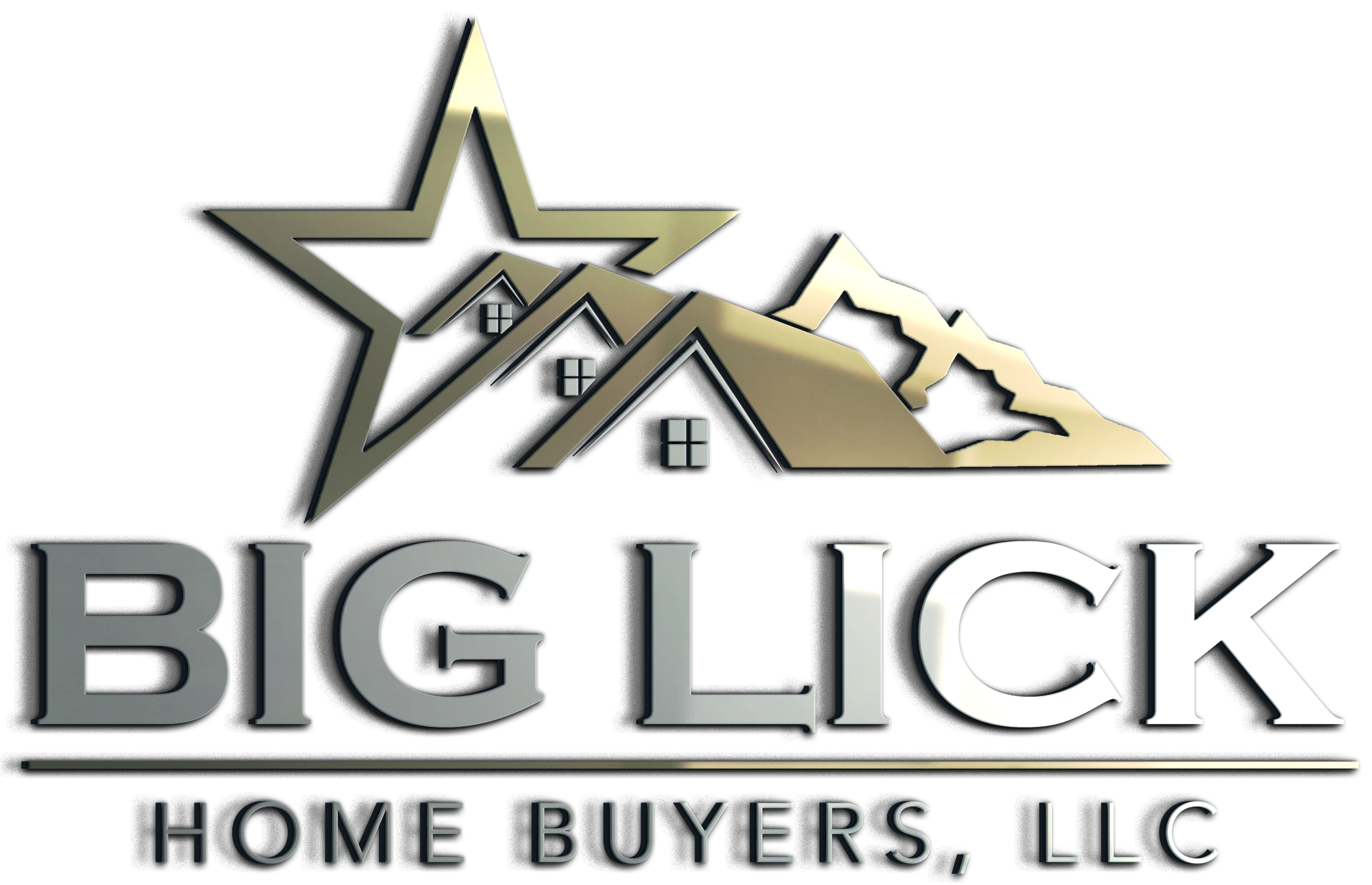Lynchburg, Virginia, is a city steeped in history, offering a compelling mix of historical charm and contemporary conveniences. Situated at the foot of the Blue Ridge Mountains, it has become an attractive location for both homebuyers and investors. Understanding the local real estate trends is crucial for anyone looking to navigate this market effectively, as the area has seen significant changes over the years.
Market Demand and Its Influence on Home Sales
The demand for homes in Lynchburg has remained strong due to several key factors. The city offers an affordable cost of living compared to larger metropolitan areas, making it an appealing option for families and retirees seeking a more relaxed lifestyle. Lynchburg’s economic stability, supported by industries such as healthcare, education, and manufacturing, plays a crucial role in maintaining buyer interest.
For home sellers, understanding these demand trends is vital. A strong market demand often leads to quicker sales and potentially higher selling prices. Sellers must also be aware of broader real estate demand trends, which can influence local market conditions.
Price Fluctuations in Lynchburg
Lynchburg has recently experienced moderate price fluctuations in its housing market. Although the city has seen a gradual increase in home prices, it remains more affordable than state and national averages. This relative affordability attracts buyers and contributes to the market’s stability.
Several factors influence price stability or volatility in Lynchburg. The local economy, driven by a diverse range of industries, helps maintain a steady demand for housing. The city’s commitment to infrastructure development and community projects supports long-term growth. For sellers, understanding these price trends is crucial when deciding the right time to sell their property.
Local Economic Factors Affecting Real Estate
Lynchburg’s economic environment plays a pivotal role in shaping its real estate market. The city’s low unemployment rate and the presence of major employers such as Centra Health and Areva create a stable job market, attracting new residents and sustaining housing demand. Ongoing infrastructure projects, such as road improvements and downtown revitalization efforts, enhance the city’s appeal and contribute to the growth of its real estate market.
The relationship between local economic factors and real estate markets is well-documented. Economic stability and development often lead to increased demand for housing, which can positively impact property values.
Seasonal Changes and Their Effects on Home Sales
Seasonal changes significantly impact real estate activity in Lynchburg. Like many markets, spring and summer are the peak seasons for home sales, driven by favorable weather conditions and the desire for families to move before the new school year begins. Conversely, fall and winter often see a slowdown in activity, as colder weather and holiday preparations take precedence.
Understanding these seasonal trends can help both buyers and sellers optimize their real estate strategies. For sellers, listing a home during peak seasons can increase visibility and competition among buyers. Buyers may find better deals during the off-peak months when demand is lower.
Timing Your Sale for Maximum Benefit
Choosing the right time to sell a home in Lynchburg involves balancing personal circumstances with market conditions. Sellers should consider the local market cycle, which typically sees higher activity in the spring and summer months. Individual circumstances, such as job changes or family needs, may also dictate the timing of a sale.
To maximize the benefits of selling, homeowners should stay informed about local market trends and be prepared to act when conditions are favorable. This approach ensures that sellers can achieve the best possible outcome for their property.
Future Outlook for Lynchburg’s Real Estate Market
Looking ahead, Lynchburg’s real estate market is poised for continued growth. The city’s economic stability, coupled with its ongoing infrastructure developments, suggests a positive outlook for the housing market. Potential challenges, such as changes in interest rates or shifts in the broader economy, may impact future trends.
Experts in the field predict that Lynchburg will continue to attract buyers seeking affordability and quality of life. The city’s unique blend of history, culture, and modern amenities positions it well for sustained growth in the real estate sector.
Emerging Neighborhoods in Lynchburg
Emerging neighborhoods in Lynchburg are drawing attention from prospective homebuyers and investors. Areas undergoing revitalization efforts are seeing increased interest, as buyers seek properties with growth potential. These neighborhoods offer a mix of historical homes and new developments, providing diverse options for different buyer preferences.
The revitalization of certain neighborhoods is leading to an increase in property values. This trend is encouraging investment in these areas, as buyers anticipate future returns. As a result, these emerging neighborhoods are becoming key areas of focus in Lynchburg’s real estate market.
The Role of Education in Real Estate Demand
Lynchburg is home to several educational institutions, which play a significant role in the local real estate market. The presence of Liberty University and the University of Lynchburg attracts students, faculty, and staff, creating a consistent demand for housing. This demand extends beyond student housing, as many university employees seek permanent residences in the area.
The educational sector’s influence on the real estate market is evident in the steady demand for rental properties and homes for sale. As these institutions continue to grow, their impact on the housing market is likely to increase, further stabilizing the local real estate landscape.
The Impact of Remote Work on Lynchburg’s Housing Market
The rise of remote work has influenced housing trends in Lynchburg, as more people seek homes that accommodate flexible work arrangements. The city’s affordability and quality of life make it an attractive option for remote workers looking to relocate from larger cities. This shift has led to increased demand for homes with office spaces and amenities that support remote work lifestyles.
The remote work trend is reshaping buyer preferences, with more emphasis on home features that support work-life balance. This change is driving innovation in home design and influencing the types of properties that are in demand in Lynchburg.
Sustainable Living and Real Estate Trends
Sustainable living is becoming an increasingly important consideration for homebuyers in Lynchburg. The demand for energy-efficient homes and environmentally friendly features is on the rise. Buyers are seeking properties with solar panels, energy-efficient appliances, and sustainable building materials.
This trend toward sustainability is influencing new home construction and renovation projects. Builders and developers are incorporating green features to meet the growing demand for eco-friendly homes. As a result, sustainable living is becoming a key factor in Lynchburg’s real estate market.
Lynchburg’s real estate market offers a unique landscape for both buyers and sellers. By understanding local trends, economic factors, and seasonal influences, homeowners can make informed decisions that align with their goals and the market’s dynamics. As the city continues to evolve, staying informed will be key to navigating its real estate opportunities successfully. The city’s blend of historical charm, economic stability, and modern amenities positions it for sustained growth, making it an attractive destination for homebuyers and investors alike.
For inquiries or assistance with buying or selling a home in Lynchburg, VA, reach out to Big Lick Home Buyers today. Our team is here to provide expert guidance and support throughout your real estate journey.

